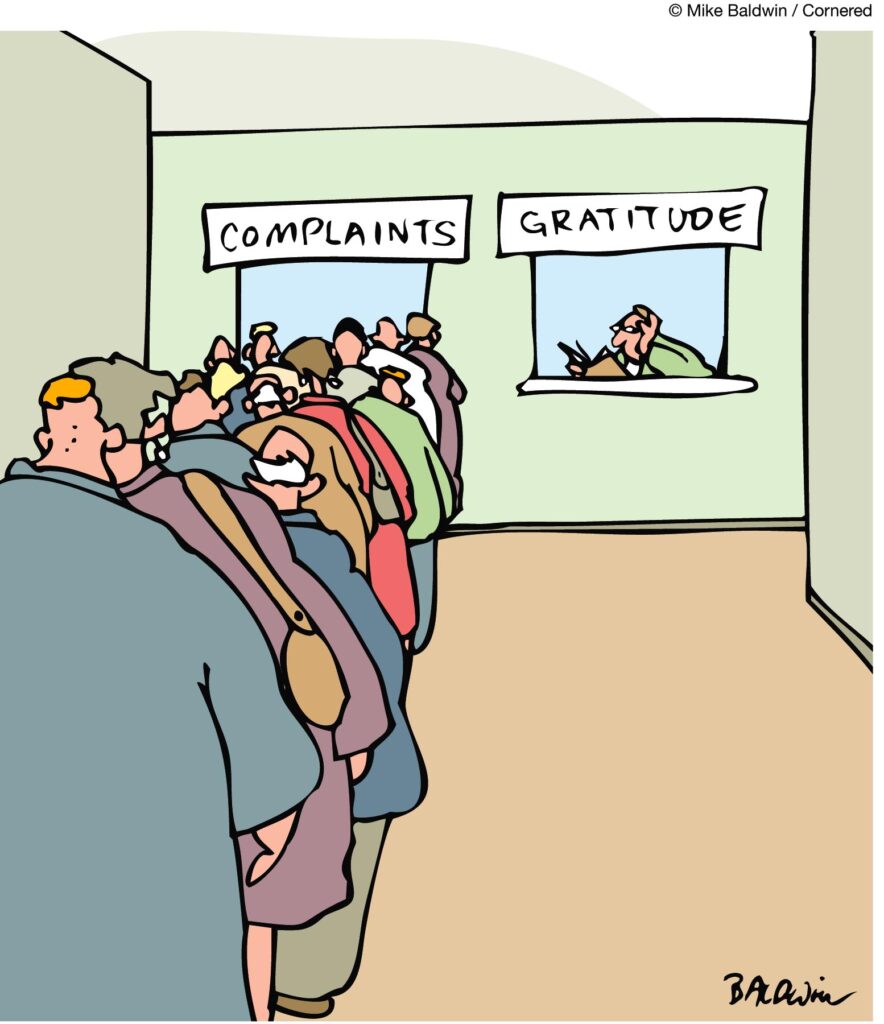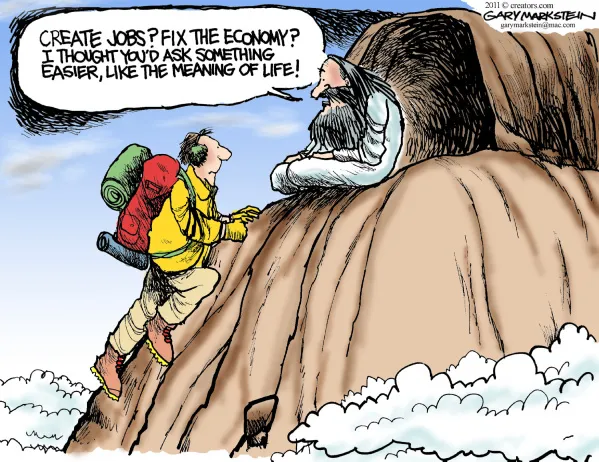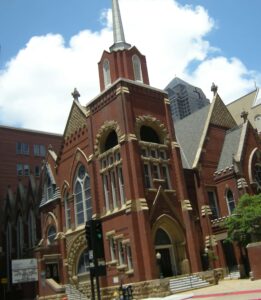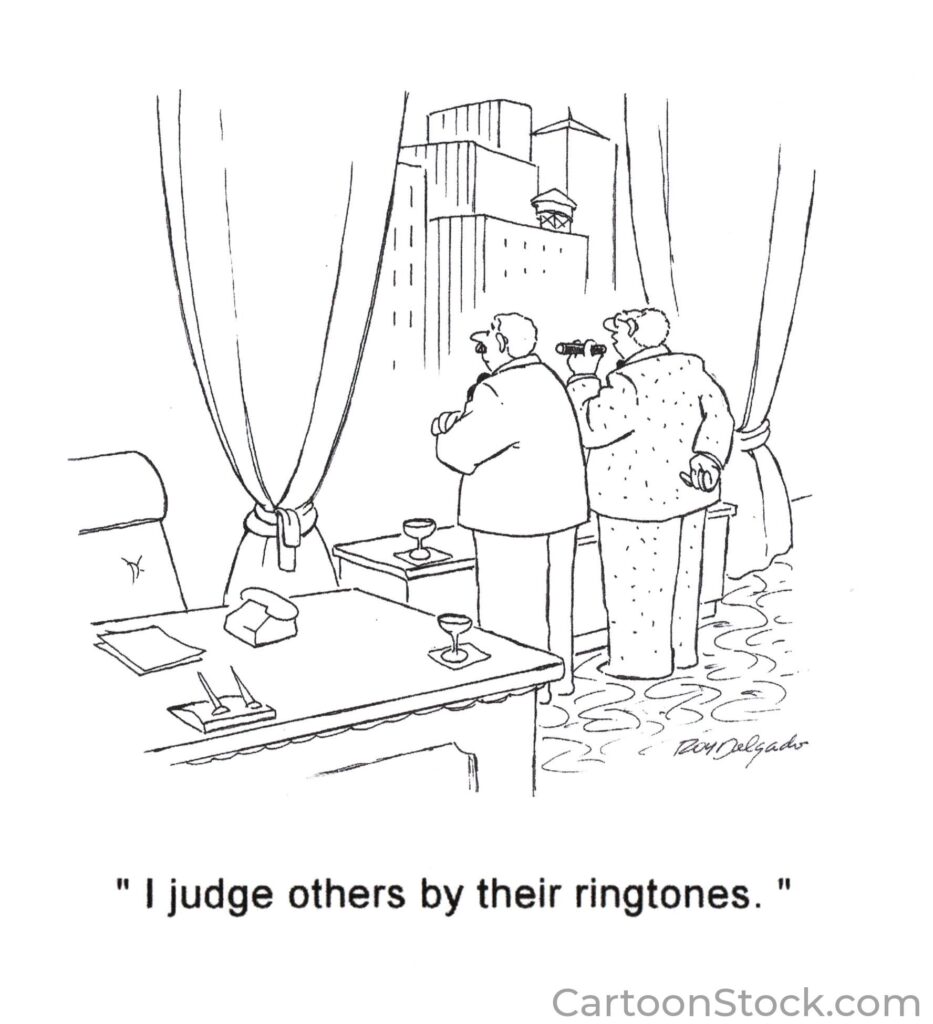
One of my favorite leadership mantras is: All of us are smarter than one of us. There’s wisdom in a multitude of counselors. Any idea, plan, or decision will be improved upon when we get multiple opinions. It’s good advice for leaders and it also applies to our personal lives.
As a leader I always try to follow this advice, but in my personal life I have failed miserably. I’ve made major career moves without seeking advice. On my own, I decided which colleges to attend and what to study. When Mary and I were considering marriage we didn’t ask for input. Recently, when I purchased a car, I didn’t seek counsel.
I’m not proud of my Lone Ranger approach to life and I’m trying to figure out why that has been my default setting. I suspect at least two reasons: in the early stages of my life I was emotionally alone, and, I am self-reliant and over-confident.
How about you—do you struggle with this issue?
The Quakers have a wonderful solution to this problem: the Clearness Committee. It is a well-structured approach to allowing others to have input into major decisions. This article by Parker Palmer—The Clearness Committee – A Communal Approach to Discernment—is worth the five minutes it takes to read.
Proverbs 11:14 teaches: “Without wise leadership, a nation falls; there is safety in having many advisers.” (NLT) Personalize this verse by substituting “a person” for “nation.” When making decisions, ask for help and advice. There’s no downside to doing so.





